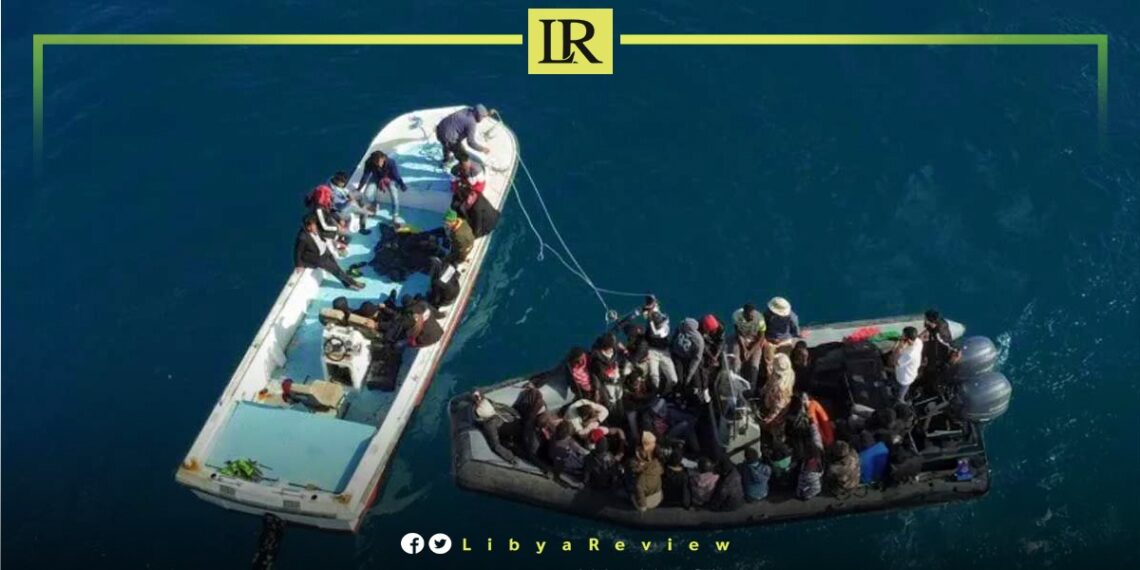Greece has reported the rescue of over 170 migrants over the past three days, with many believed to have departed from Libya.
The rescued migrants were found aboard unsafe and overcrowded boats in the Mediterranean, highlighting Libya’s growing role as a key departure point for migrants attempting to reach Europe.
In one rescue, a Philippine-flagged tanker saved 29 migrants 120 kilometers south of Crete. Another 45 migrants were rescued by a cargo ship near Gavdos Island.
Separately, Greek authorities intercepted a speedboat carrying migrants near Tilos Island. After a brief chase, the boat ran aground, and a 37-year-old Moldovan man, suspected of being the smuggler, was arrested. In total, 31 migrants, including seven children and four women, were located nearby.
Libya continues to play a central role in the migration crisis due to its ongoing instability and lack of government control. Since the fall of Muammar Gaddafi in 2011, Libya has become a major hub for human trafficking networks. Migrants from sub-Saharan Africa and the Middle East often pass through Libya, enduring exploitation and abuse before embarking on dangerous journeys across the Mediterranean.
While the central Mediterranean route to Italy has historically been the most commonly used pathway for migrants departing Libya, smugglers now appear to be targeting southern Greece as an alternative route. The shift reflects an adaptation to stricter surveillance and border controls in other parts of the Mediterranean.
The surge in migration from Libya has been evident in Greece’s rising numbers. According to the United Nations High Commissioner for Refugees (UNHCR), nearly 54,000 migrants arrived in Greece by sea in 2024, a sharp increase from previous years.
A significant portion of these arrivals originated in Libya. Meanwhile, the European Union’s border agency, Frontex, reported a 40% rise in migrant arrivals to Greece in 2024 compared to 2023.
The Greek government has responded to the crisis by increasing border controls, including constructing a 40-kilometer steel fence along its land border with Turkey.
hile Athens defends these measures as necessary to curb irregular migration, non-governmental organizations have criticized Greece for alleged pushbacks and violations of international law.


